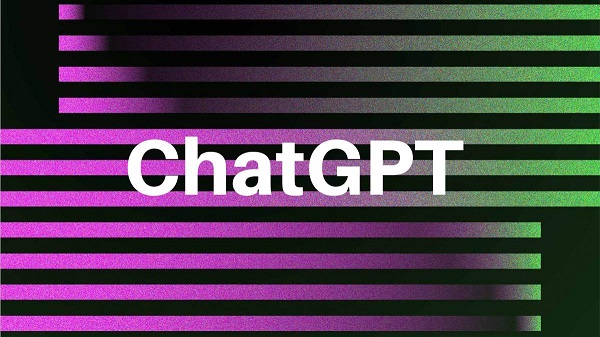The Dual Nature of AI: A Closer Look at ChatGPT’s Political Bias and Its Role in Healthcare
Published on 16 September 2023.
First, we delve into concerns regarding political bias in AI, focusing on OpenAI’s ChatGPT. Then, we shift our attention to AI’s growing role in healthcare, highlighting its potential to assist medical professionals and patients alike.
AI and Political Bias
A recent study conducted by researchers at the University of East Anglia in the UK raised questions about the political bias of ChatGPT. The researchers prompted ChatGPT with political survey questions and observed a significant bias toward liberal parties in the US, UK, and Brazil. These findings underscore a growing challenge faced by AI developers – the unintentional infusion of biases, beliefs, and stereotypes from training data, drawn from the vast expanse of the internet.
As the United States approaches the 2024 presidential election, chatbots like ChatGPT are becoming an integral part of daily life, assisting users with a wide range of tasks, from summarizing documents to answering questions and generating content for political campaigns. The concern is that these biases, whether unintended or not, could erode public trust and potentially influence election results.
AI companies like OpenAI maintain that they explicitly instruct human trainers not to favor any specific political group, and any biases detected are considered “bugs, not features.” However, the challenge persists, given that AI models learn from extensive, unfiltered internet data that reflects societal biases.
The Role of AI in Healthcare
On a different front, AI’s impact on healthcare is gaining prominence. A study conducted by Emory University School of Medicine examined ChatGPT’s ability to diagnose eye-related complaints. Surprisingly, the study found that ChatGPT performed well, comparing favorably to human doctors and surpassing popular online symptom checkers.
This discovery is significant because it demonstrates the potential of AI, particularly chatbots, to provide valuable assistance in healthcare. AI technologies like ChatGPT could aid in triage and provide patients with reliable information, potentially reducing misinformation and the reliance on “Dr. Google.”
However, integrating AI into healthcare also presents challenges. Many experts advocate for a rigorous approval process similar to that for drugs by regulatory bodies like the FDA. Concerns include privacy, safety, bias, liability, transparency, and the commercialization of medical services driven by market incentives.
Conclusion
The dual nature of AI is apparent: it reflects both its potential benefits and potential pitfalls. While concerns about political bias raise important questions about AI’s impact on democracy and public trust, AI’s role in healthcare offers promising solutions to improve patient care and reduce misinformation.
As AI continues to advance and integrate into our lives, it becomes increasingly important for developers, regulators, and users to strike a balance between harnessing its capabilities and addressing its challenges. The future of AI depends on responsible development, rigorous testing, and thoughtful consideration of its implications across various sectors of society.
editor's pick
news via inbox
Nulla turp dis cursus. Integer liberos euismod pretium faucibua

